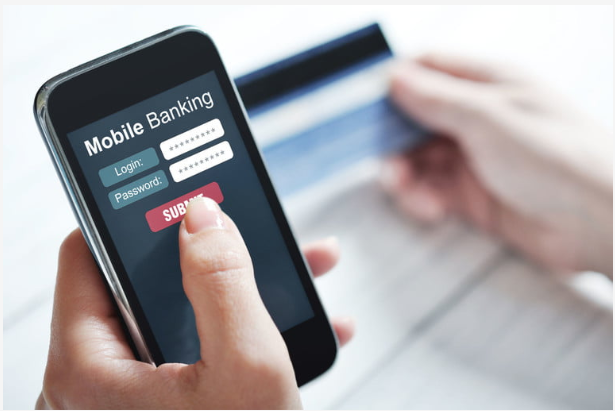If you notice any strange or unusual activity on your bank statement, notify your bank immediately.
Cyberattacks on banks happen every day but not to worry, most banks are well protected against hackers. A threat of a cyberattack should not deter you from using a financial institution.
Signs you’ve been hacked
Strange purchases that appear on your bank statement may be the first clue that a hacker has infiltrated your account. Always read credit card and bank statements, paying close attention to match the transactions to your activity.
Sometimes, you’ll notice seemingly small, yet unfamiliar purchases. Thieves often do that to test if your card will work before making larger purchases.
Depending on your bank, it will notify you of suspicious activity and automatically cancel fraudulent charges and issue you a new card.
Lost or stolen card numbers
If you realise your card has been lost or stolen, contact your bank right away. Don’t wait for your bank to notify you of fraudulent activity.
Once you notify your bank of you missing card, it will freeze your account, blocking any purchases or payments. You can either visit a local branch for a temporary card or wait for a new card to come in the mail.
You don’t need to panic unnecessarily over the safety of your bank account. Here’s why your bank accounts are safe from hackers:
Banks are liable
If a hacker steals money from a bank, the customer won’t lose money; the bank is liable to pay the money back to the customer. Banks are improving security. Since banks are constantly under attack, they need to improve every aspect of their security so they have the latest software designed to protect you and your money. Every attack doesn’t make the news, but generally the big ones do. Banks are constantly improving their systems for detecting and dealing with these problems.
Ensure your account is not vulnerable
Most banking websites allow you to activate a feature called “remember your password” when you log in via the Internet. This allows you to skip several layers of security the next time you log in since the bank recognises your computer’s IPv4 address — a unique identifier for each Internet connection.
Malware is a tool that hackers use to imitate your IPv4 address so they can gain access to your bank account. Often you don’t even know that they have control over your bank account. Therefore, it’s best to disable the “remember your computer” feature.
Your guide to finding a bank account that meets your needs
You need to beware of spam. Email software is pretty good at getting rid of spam most of the time. However, you may see something that resembles an official bank email that asks you to go to the bank’s website to confirm your information. This most likely is a scam.
Hackers design sites that mimic bank’s websites. If something like this happens to you, don’t enter details such as a password unless you’re sure it’s a secure website.
The Internet monitors the security certificate of websites, making it easier to detect invalid sites. Don’t stash your money under your mattress. If you put your money under your mattress because you believe all banks are evil, you may be increasing the risk of having your money stolen.
Cash does not equal safe money. Unfortunately, the news perpetuates the fear that unless your money is in cash, it isn’t safe. However, it is more likely that your house could be robbed and the criminals take your money than it would be for a bank to lose your money due to cybercrime.
Have you been hacked while overseas?
If you believe you have fraudulent transactions on your debit card, whether it’s a foreign transaction or you’re currently overseas, block the card and lodge a dispute investigation. Before you go on holiday, it is always smart to gather a list of phone numbers in case of issues like these. Otherwise, a simple Google search should be able to find you the right number.
If your bank finds the transaction to be fraudulent, you should be refunded the missing money.


